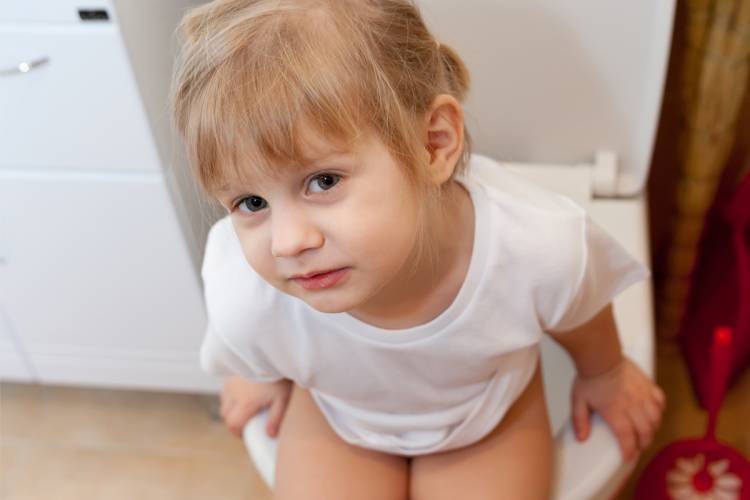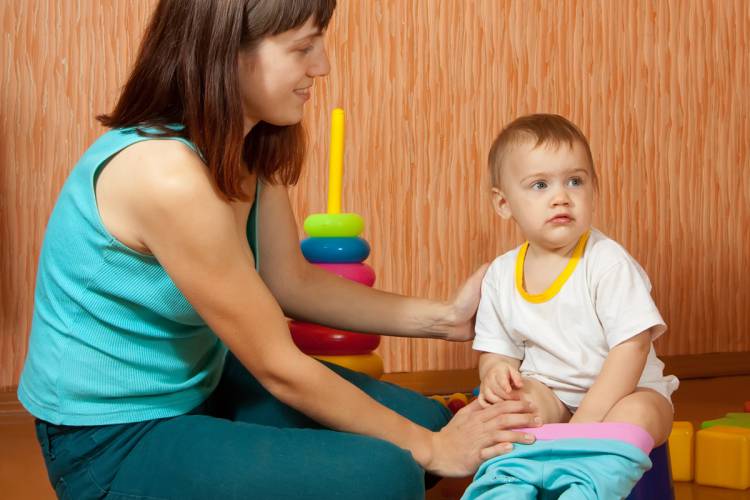Goodbye nappies
Potty training is an important step in a child’s development. Time and patience are the basic tools to get through it successfully, but there are other resources that are very useful to help children go to the toilet by themselves.
child care
Share

Growing out of nappies is part of the natural process of a child’s development, and is therefore a personal decision. If they see it as an obligation or blackmail, it will not work. It is more convenient for parents for their children to use the toilet alone because they stop depending on nappies, and it can also become a challenge if they start comparing their child’s progress with that of other children around them. You have to ignore these external factors and avoid pressure, and let things take their course.
When is the right time?
Usually, bowel control happens between the age of two and three, but each child has their own rhythm. There may be delays, steps backwards and “accidents” until the process stabilises. It always depends on the child’s maturity. However, some “symptoms” of the process starting can be observed:
• They must have a notion of time, that is, they must know the difference between “now” and “later”. In this way they will be able to let you know when they will need the toilet.
• It is important that they already distinguish between “pee” and “poo”. Usually “poo” control comes before “pee” control.
• If they are uncomfortable when they have a wet nappy, if they say it bothers them or they try to take it off, or when they tell you to change it.
• When they mimic going to the toilet: wanting to grow up encourages them. You should not prevent them from sitting on the toilet and pretending to be grown-ups. This is a good way to prepare them.
PATIENCE
You must remain calm and try to face the situation in a good mood.

What do you need?
• Large amounts of patience: there will be delays, steps backwards and “accidents”. You must remain calm and try to face the situation in a good mood.
• To be at home: sometimes holidays and good weather are taken advantage of to start the process. This is in fact a mistake, because at this time children are usually away from home and they may feel more insecure.
• A potty: this encourages the child to choose, but you should not make it an obligation; many children prefer to use the toilet, as grown-ups. In this case, toilet training seats can be used to make it easier.
How to deal with it?
• Slowly: do not forget that your child may still wet the bed at night until the age of three to three and a half. Also, it is estimated that one of every five children still needs a nappy at night at the age of four.
• Without comparing: each child grows up differently. Some want to stop wearing nappies at eighteen months and others, at the age of four, still refuse to stop. Do not compare your child with others, nor let comments influence you. Do not worry, or tell them off. Make it fun and show them your confidence that they will succeed.
• With confidence: relapses are not failures. A change may make them wet the bed for a while. This can be a holiday, starting preschool, losing a pet or having a new brother or sister. If they are going through a “big” change in their life, it is very probable that potty training will be difficult. It is usually a good idea to postpone it until the situation stabilises.

